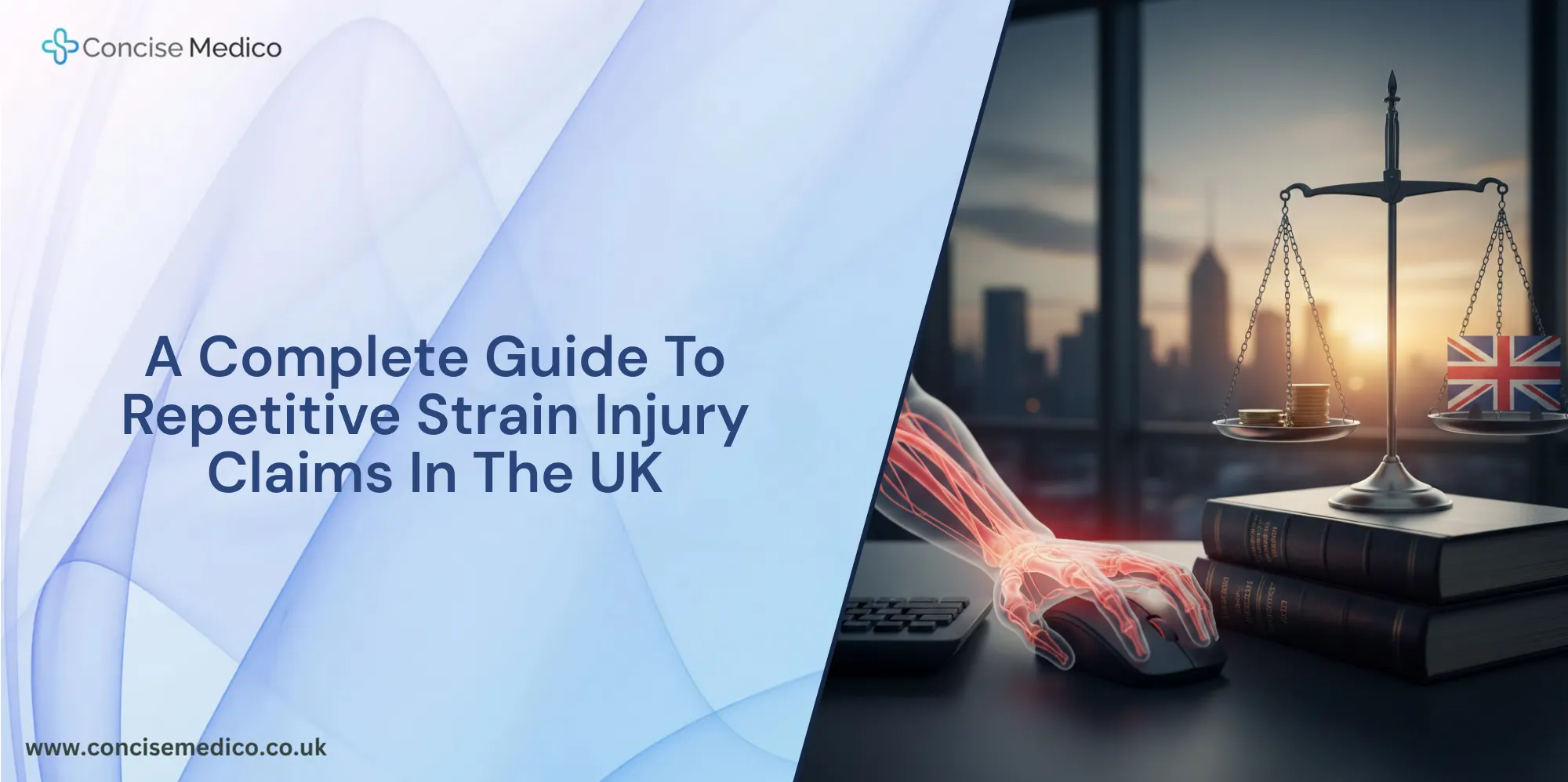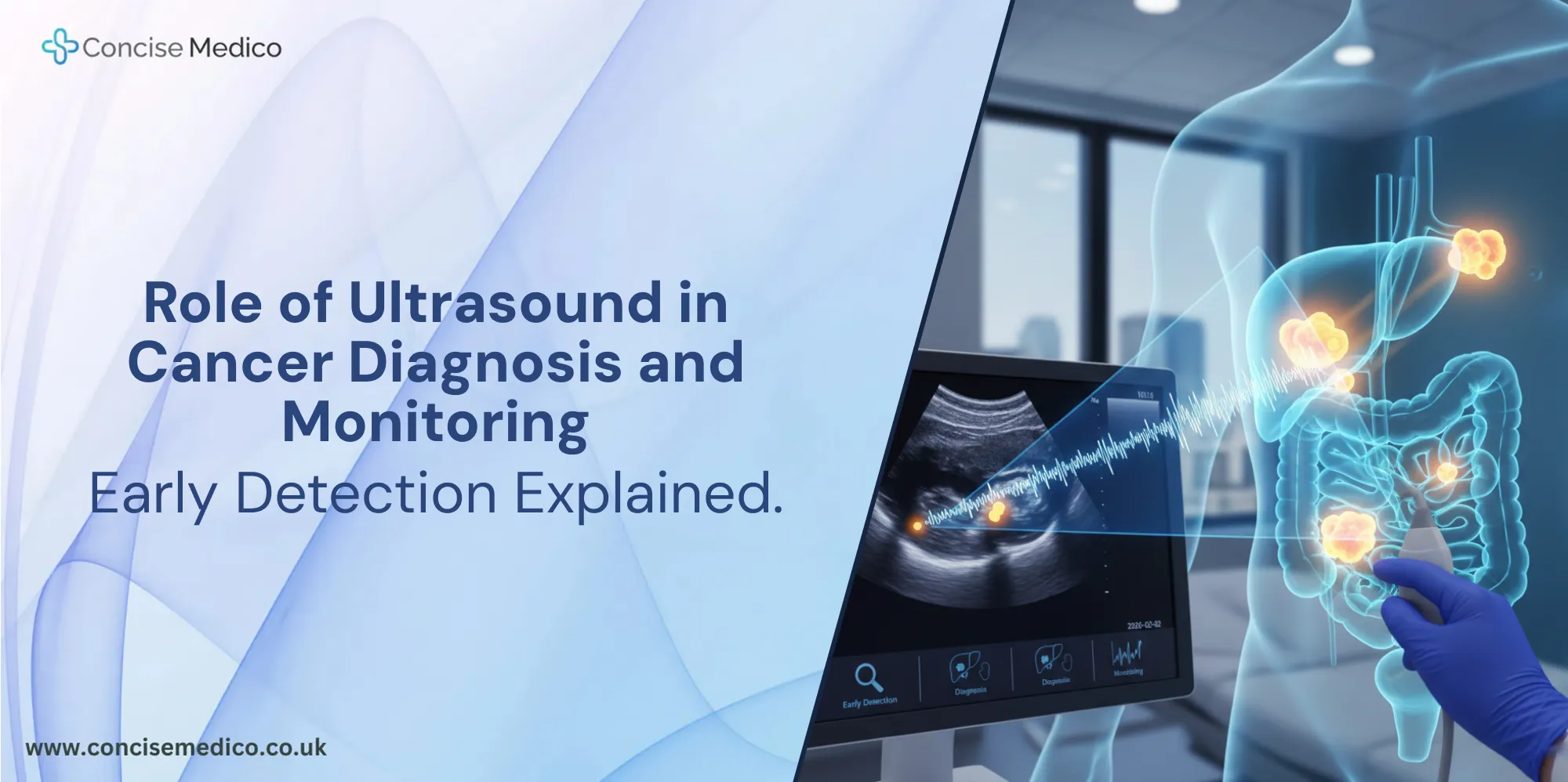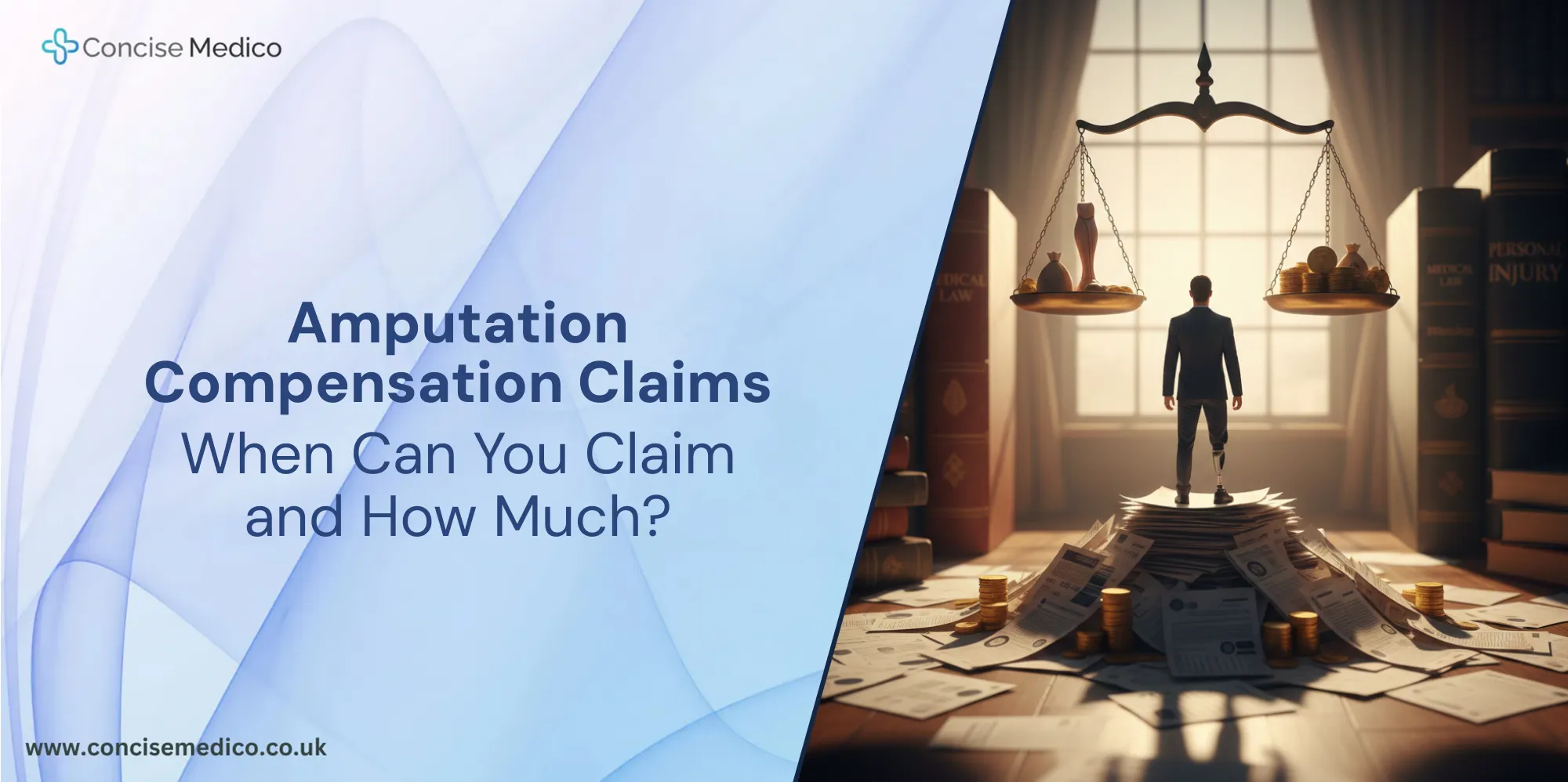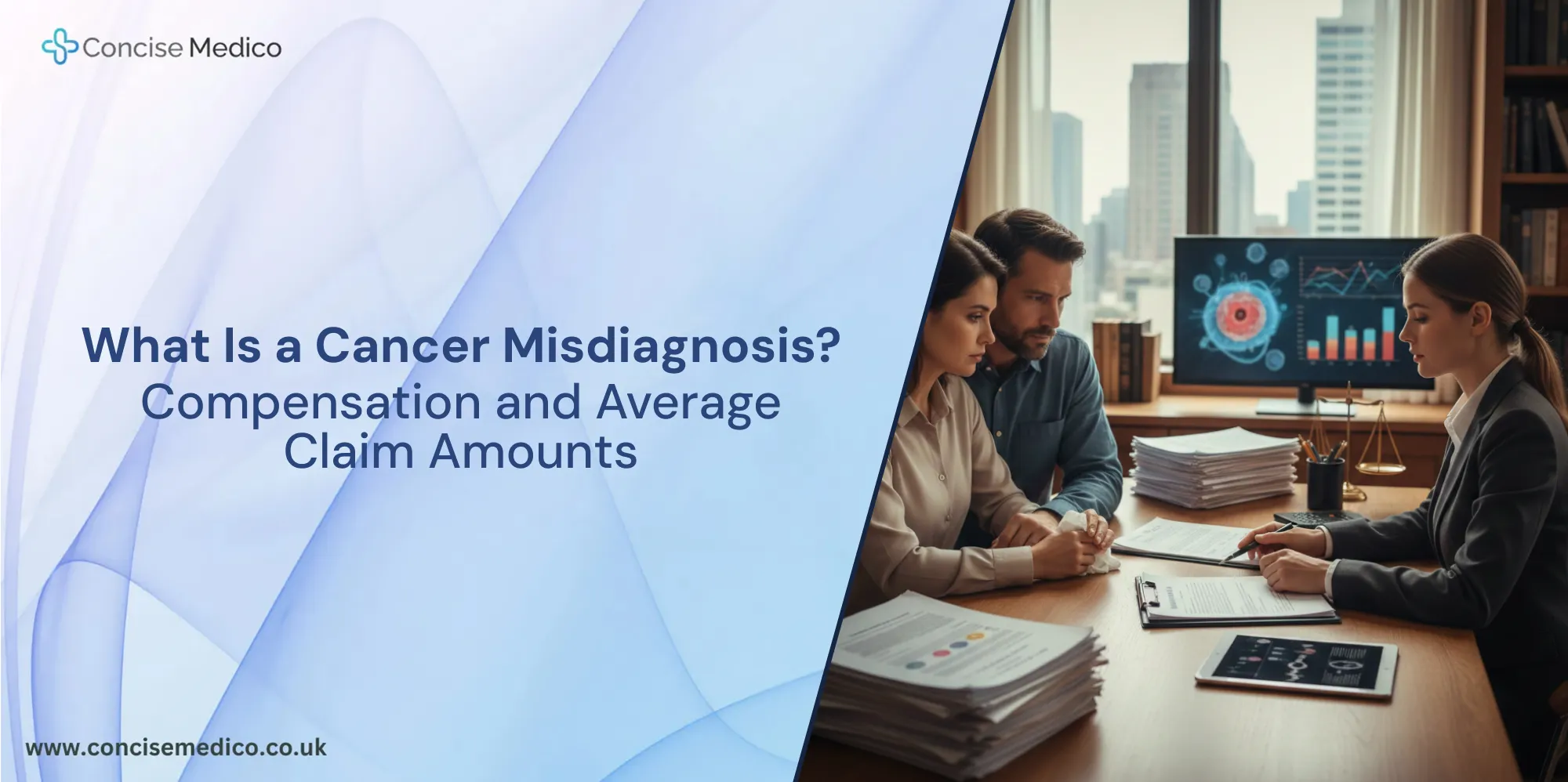TABLE OF CONTENT
- What Is Psychiatric Assessment
- Why Psychiatric Expert Assessment Is Important in Court
- Role in Criminal Proceedings
- Psychiatric Expert Witness Assessments in Civil Proceedings
- Other Legal Settings for Psychiatric Assessments
- Understanding the Importance of Assessing Mental Health
- Laws and Legal Guidelines for Psychiatric Expert Assessment
- Your Next Step Toward Fair Legal Support
- FAQs
A psychiatric assessments provides a clear view of a person’s mental condition. A trained psychiatry expert witness can carry out this assessment when ordered by the court. This process shields vulnerable people for instance children, older adults, and those with mental disorders. It considers their mental needs during legal actions to keep them safe.
What Is Psychiatric Assessment
It refers to the full assessment of an individual’s mind, mood, behaviour, and how they interact with others. It uses interviews, tests, and history reviews. Courts rely on these to make informed rulings.
The psychiatric expert assessment includes:
- Interviews (to check history and symptoms)
- Questionnaires (for issues like anxiety or depression)
- Behavioural observation
- Physical health checks (since physical and mental health are linked)
These assessments often use tools like the DSM-5 or MMPI. These help ensure accurate diagnosis.
Why Psychiatric Expert Assessment Is Important in Court
The court or legal teams may request these assessments during a case. If someone’s mental state could be a danger to themselves or others, the court uses this report to spot possible threats. It also helps in forming treatment and support plans.
Here’s why these reviews matter:
- They offer expert views on a person’s mental health and any factors that may affect the case.
- They ensure fair legal treatment for people with mental health issues.
- They guide decisions, like whether the person is fit to stand trial.
Role in Criminal Proceedings
Psychiatric assessments check a person’s mind and emotions when they face criminal charges or stand trial. These reviews look for signs of mental illness. They check if the illness was active or had lasting effects during the alleged offense. This information helps the court to decide if someone is guilty. It also ensures a fair trial.
Types of Psychiatric Assessments in Criminal Cases
Here are the common types of assessments that a court may order in criminal cases:
1. Fitness to plead
Courts must check if the accused is mentally fit for trial. It assesses if they understand the charges, know the trial process, and can help their team in the legal process.
2. Diminished responsibility
An assessment can check whether the accused had a mental illness when the crime happened. It looks at how that illness affected their will to plan or control their actions. If this is proven, a murder charge may be reduced to manslaughter.
R v Byrne (1960) Case
In 1960, John Byrne killed a young woman and tried to hide it by setting her body on fire. His lawyers said he is a psychopath. Two mental experts examined him and told the court he had an “abnormality of mind” that stopped him controlling violent urges. The judges agreed and reduced his charge from murder to manslaughter. This case showed how a clear psychiatric report can guide judges on someone’s guilt. Today, courts still rely on expert mental health assessments to help reach fair verdicts.
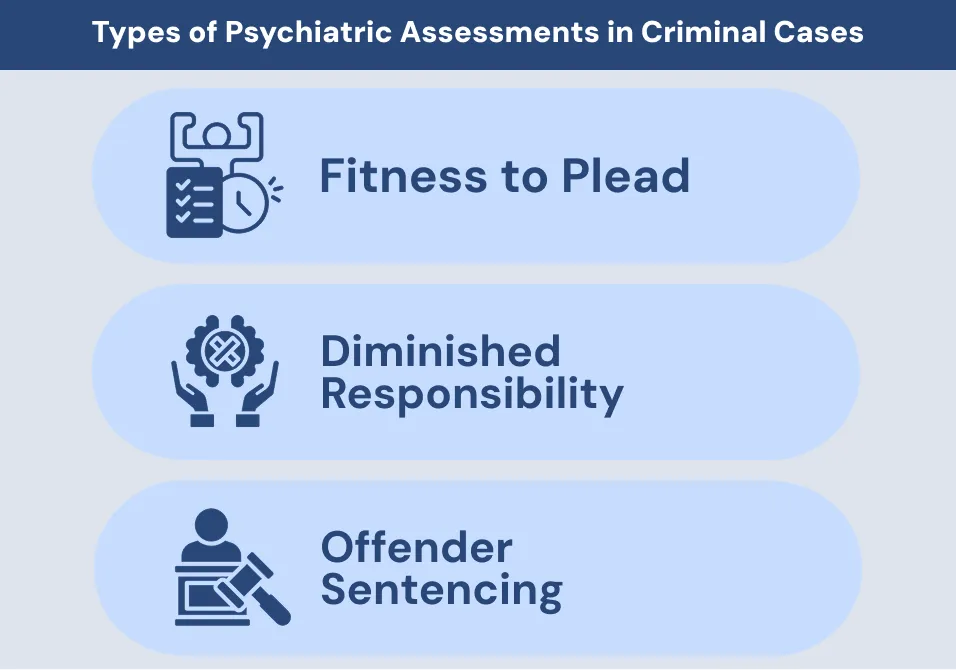
3. Offender sentencing
The court or involved parties can ask for an assessment. This will give details about the accused person’s mental health for sentencing. It includes the mental health history of the accused, their current state of mind, and any required treatment.
Psychiatric Expert Witness Assessments in Civil Proceedings
Psychiatric assessments are useful in civil cases where mental health is a factor. You need an assessment when diminished responsibility leads to an accident that results in legal action. The assessment shows what the mental health problem is and how serious it is. It also shows how it affects a person’s ability to function and what care they need. Here are the common types of psychiatric assessments that a court may order in civil cases:
Personal injury claims
For personal injury claims the court may order a mental health check after an accident. This review looks at your past and current well-being. It also shows how the incident has affected your mind.
Employment law proceedings
When work affects mental health, a psychological assessment can help. This review explores how stress, bullying or other job issues may have harmed an employee’s well-being.
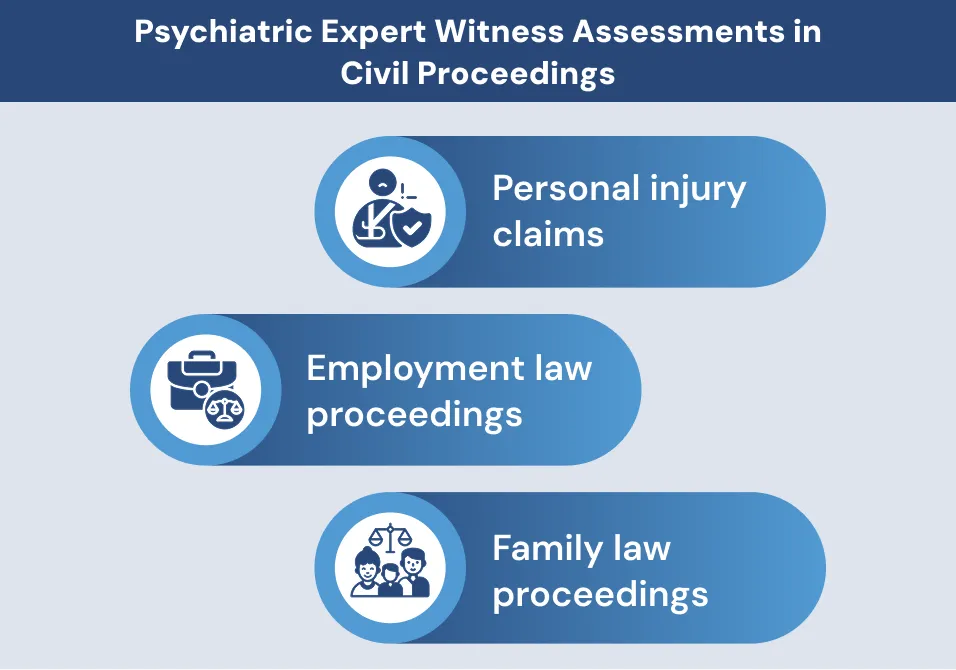
Family law proceedings
In divorce or custody cases, a psychiatric assessment may be needed. It shows whether a parent’s state of mind affects the child or the case.
Other Legal Settings for Psychiatric Assessments
Psychiatric assessments are used in both criminal and civil cases. They are important in other legal cases, too. This includes those who are around people who have complex mental health issues.For example, if someone works with children or has serious mental health issues, an assessment helps the court decide if they can manage their duties safely.
1. Immigration and Asylum Cases
In UK immigration law, a psychiatric expert assessment can back an asylum claim. It documents trauma from war, torture or persecution to strengthen legal arguments. A skilled expert checks asylum seekers mental state. They diagnose conditions such as PTSD and depression.
This helps courts and tribunals see how past events affected people’s minds. It also supports cases for human protection or appeals.
2. Mental Health Tribunals and Capacity Cases
Under this act, assessments are required when someone may lack the ability to decide on their health, finances, or safety. A psychiatric assessment checks their ability to:
- Understand information
- Make decisions
- Communicate choices
These reviews are often used in mental health tribunals. Here, detained people ask for release or raise concerns about their care. The tribunal uses the assessment to decide if treatment should continue.
Understanding the Importance of Assessing Mental Health
A psychiatric assessments picks up issues with feelings, thinking, or behaviour early. These reviews are used both in health care and in legal or tribunal cases. A clear diagnosis helps make sure decisions are fair and the right support is given.
In the UK, about one in four people have a mental health problem each year, so doing these checks is getting more important.
A mental health assessment helps detect emotional, cognitive, and behavioural concerns early. These checks are not only used in healthcare but also in legal settings. A proper diagnosis ensures fair treatment.
A detailed mental health report provides:
- Early detection of mental health issues
- Clear grasp of symptoms and behaviours
- A personalised treatment roadmap
- Proof to support legal or work claims
Laws and Legal Guidelines for Psychiatric Expert Assessment
In the UK, all psychiatric assessments must follow strict legal rules. This framework ensures fairness and accuracy. It also upholds people’s rights in criminal and civil cases.
Key Legal Frameworks
-
Mental Health Act 1983
Mental Health Act 1983 describes when and how a person can be assessed, treated, or held for a mental disorder in a hospital or court.
-
Mental Capacity Act 2005
It applies if someone may lack the mental ability to make decisions. An assessment checks if they can understand information and make their own decisions.
-
Criminal Procedure Rules 2020
These rules govern expert proofs, including mental expert witness reports. It ensures that all findings are fact-based and aid the court in reaching fair verdicts.
Your Next Step Toward Fair Legal Support
When someone’s mental state matters in a legal matter, the court needs a clear report. We carry out assessments for criminal, civil, and immigration cases so that decisions reflect a person’s real situation.
Concise Medico offers mental health assessments in the UK. Our reports meet what courts expect. Whether you’re a lawyer, case worker, or someone looking for help, we explain each step and arrange the assessment with you.
Reach out today to book or to talk through what’s needed.
Psychiatric assessments are not just evaluations. It provides legal support by bridging the gap between the law and mental health care. A thorough expert assessment is key in criminal, civil, or immigration cases. It helps guarantee that we treat people with fairness and in a humane manner.
FAQs
A psychiatric assessments provides a clear view of a person’s mental condition. A trained psychiatry expert witness can carry out this assessment when ordered by the court. This process shields vulnerable people for instance children, older adults, and those with mental disorders. It considers their mental needs during legal actions to keep them safe.
What Is Psychiatric Assessment
It refers to the full assessment of an individual’s mind, mood, behaviour, and how they interact with others. It uses interviews, tests, and history reviews. Courts rely on these to make informed rulings.
The psychiatric expert assessment includes:
- Interviews (to check history and symptoms)
- Questionnaires (for issues like anxiety or depression)
- Behavioural observation
- Physical health checks (since physical and mental health are linked)
These assessments often use tools like the DSM-5 or MMPI. These help ensure accurate diagnosis.
Why Psychiatric Expert Assessment Is Important in Court
The court or legal teams may request these assessments during a case. If someone’s mental state could be a danger to themselves or others, the court uses this report to spot possible threats. It also helps in forming treatment and support plans.
Here’s why these reviews matter:
- They offer expert views on a person’s mental health and any factors that may affect the case.
- They ensure fair legal treatment for people with mental health issues.
- They guide decisions, like whether the person is fit to stand trial.
Role in Criminal Proceedings
Psychiatric assessments check a person’s mind and emotions when they face criminal charges or stand trial. These reviews look for signs of mental illness. They check if the illness was active or had lasting effects during the alleged offense. This information helps the court to decide if someone is guilty. It also ensures a fair trial.
Types of Psychiatric Assessments in Criminal Cases
Here are the common types of assessments that a court may order in criminal cases:
1. Fitness to plead
Courts must check if the accused is mentally fit for trial. It assesses if they understand the charges, know the trial process, and can help their team in the legal process.
2. Diminished responsibility
An assessment can check whether the accused had a mental illness when the crime happened. It looks at how that illness affected their will to plan or control their actions. If this is proven, a murder charge may be reduced to manslaughter.
R v Byrne (1960) Case
In 1960, John Byrne killed a young woman and tried to hide it by setting her body on fire. His lawyers said he is a psychopath. Two mental experts examined him and told the court he had an “abnormality of mind” that stopped him controlling violent urges. The judges agreed and reduced his charge from murder to manslaughter. This case showed how a clear psychiatric report can guide judges on someone’s guilt. Today, courts still rely on expert mental health assessments to help reach fair verdicts.

3. Offender sentencing
The court or involved parties can ask for an assessment. This will give details about the accused person’s mental health for sentencing. It includes the mental health history of the accused, their current state of mind, and any required treatment.
Psychiatric Expert Witness Assessments in Civil Proceedings
Psychiatric assessments are useful in civil cases where mental health is a factor. You need an assessment when diminished responsibility leads to an accident that results in legal action. The assessment shows what the mental health problem is and how serious it is. It also shows how it affects a person’s ability to function and what care they need. Here are the common types of psychiatric assessments that a court may order in civil cases:
Personal injury claims
For personal injury claims the court may order a mental health check after an accident. This review looks at your past and current well-being. It also shows how the incident has affected your mind.
Employment law proceedings
When work affects mental health, a psychological assessment can help. This review explores how stress, bullying or other job issues may have harmed an employee’s well-being.

Family law proceedings
In divorce or custody cases, a psychiatric assessment may be needed. It shows whether a parent’s state of mind affects the child or the case.
Other Legal Settings for Psychiatric Assessments
Psychiatric assessments are used in both criminal and civil cases. They are important in other legal cases, too. This includes those who are around people who have complex mental health issues.For example, if someone works with children or has serious mental health issues, an assessment helps the court decide if they can manage their duties safely.
1. Immigration and Asylum Cases
In UK immigration law, a psychiatric expert assessment can back an asylum claim. It documents trauma from war, torture or persecution to strengthen legal arguments. A skilled expert checks asylum seekers mental state. They diagnose conditions such as PTSD and depression.
This helps courts and tribunals see how past events affected people’s minds. It also supports cases for human protection or appeals.
2. Mental Health Tribunals and Capacity Cases
Under this act, assessments are required when someone may lack the ability to decide on their health, finances, or safety. A psychiatric assessment checks their ability to:
- Understand information
- Make decisions
- Communicate choices
These reviews are often used in mental health tribunals. Here, detained people ask for release or raise concerns about their care. The tribunal uses the assessment to decide if treatment should continue.
Understanding the Importance of Assessing Mental Health
A psychiatric assessments picks up issues with feelings, thinking, or behaviour early. These reviews are used both in health care and in legal or tribunal cases. A clear diagnosis helps make sure decisions are fair and the right support is given.
In the UK, about one in four people have a mental health problem each year, so doing these checks is getting more important.
A mental health assessment helps detect emotional, cognitive, and behavioural concerns early. These checks are not only used in healthcare but also in legal settings. A proper diagnosis ensures fair treatment.
A detailed mental health report provides:
- Early detection of mental health issues
- Clear grasp of symptoms and behaviours
- A personalised treatment roadmap
- Proof to support legal or work claims
Laws and Legal Guidelines for Psychiatric Expert Assessment
In the UK, all psychiatric assessments must follow strict legal rules. This framework ensures fairness and accuracy. It also upholds people’s rights in criminal and civil cases.
Key Legal Frameworks
-
Mental Health Act 1983
Mental Health Act 1983 describes when and how a person can be assessed, treated, or held for a mental disorder in a hospital or court.
-
Mental Capacity Act 2005
It applies if someone may lack the mental ability to make decisions. An assessment checks if they can understand information and make their own decisions.
-
Criminal Procedure Rules 2020
These rules govern expert proofs, including mental expert witness reports. It ensures that all findings are fact-based and aid the court in reaching fair verdicts.
Your Next Step Toward Fair Legal Support
When someone’s mental state matters in a legal matter, the court needs a clear report. We carry out assessments for criminal, civil, and immigration cases so that decisions reflect a person’s real situation.
Concise Medico offers mental health assessments in the UK. Our reports meet what courts expect. Whether you’re a lawyer, case worker, or someone looking for help, we explain each step and arrange the assessment with you.
Reach out today to book or to talk through what’s needed.
Psychiatric assessments are not just evaluations. It provides legal support by bridging the gap between the law and mental health care. A thorough expert assessment is key in criminal, civil, or immigration cases. It helps guarantee that we treat people with fairness and in a humane manner.
